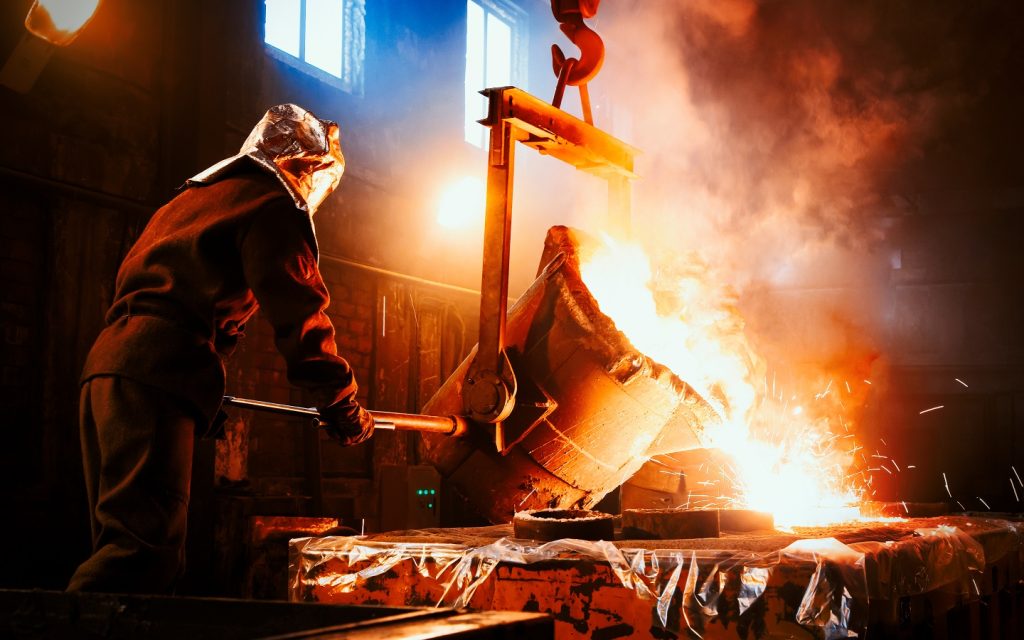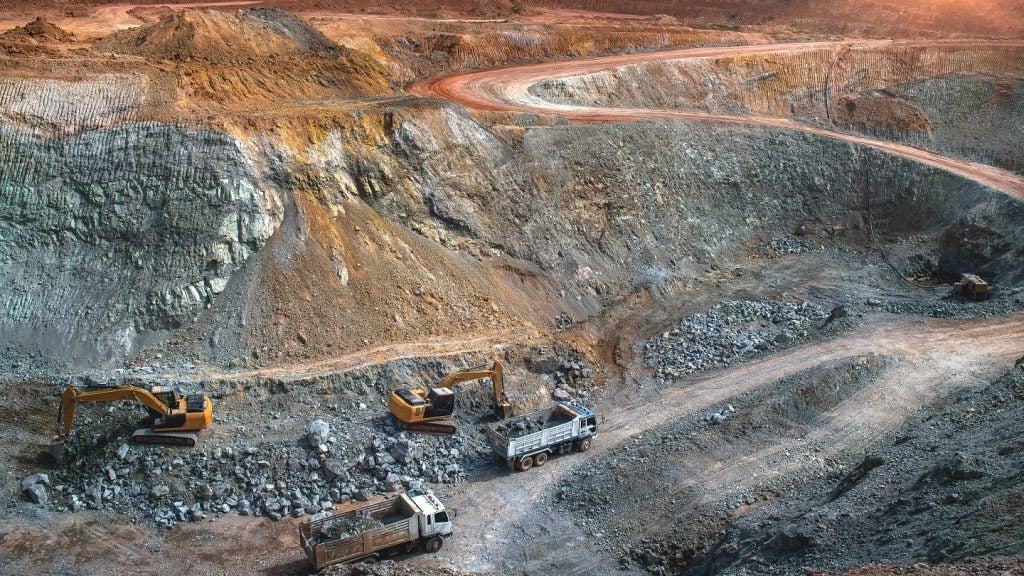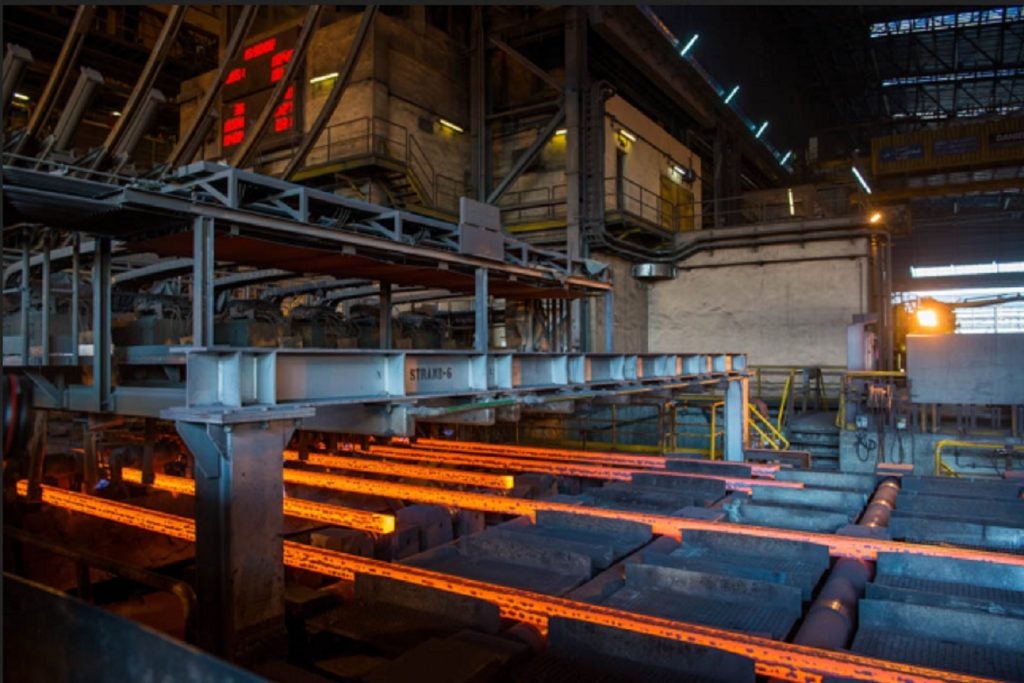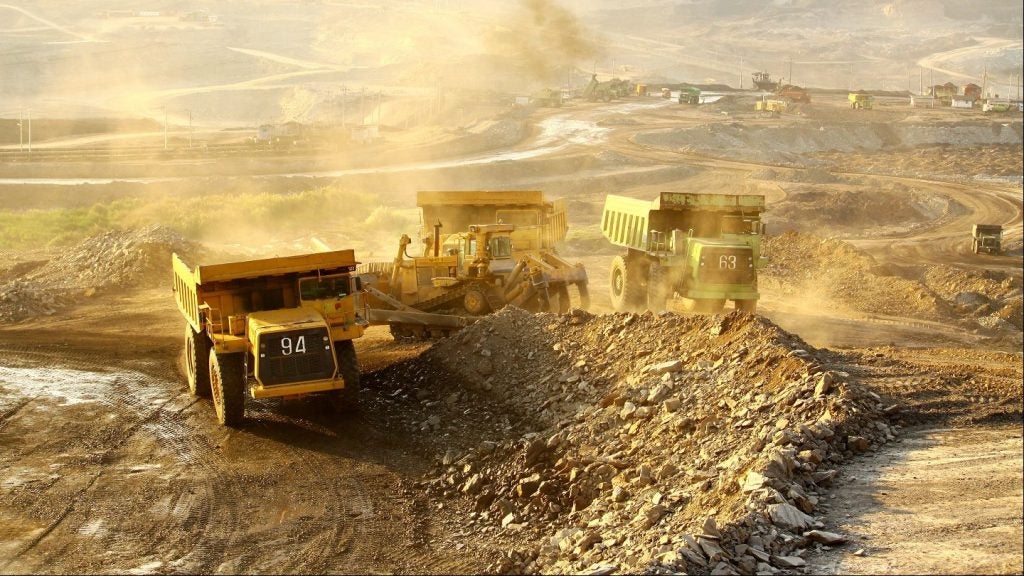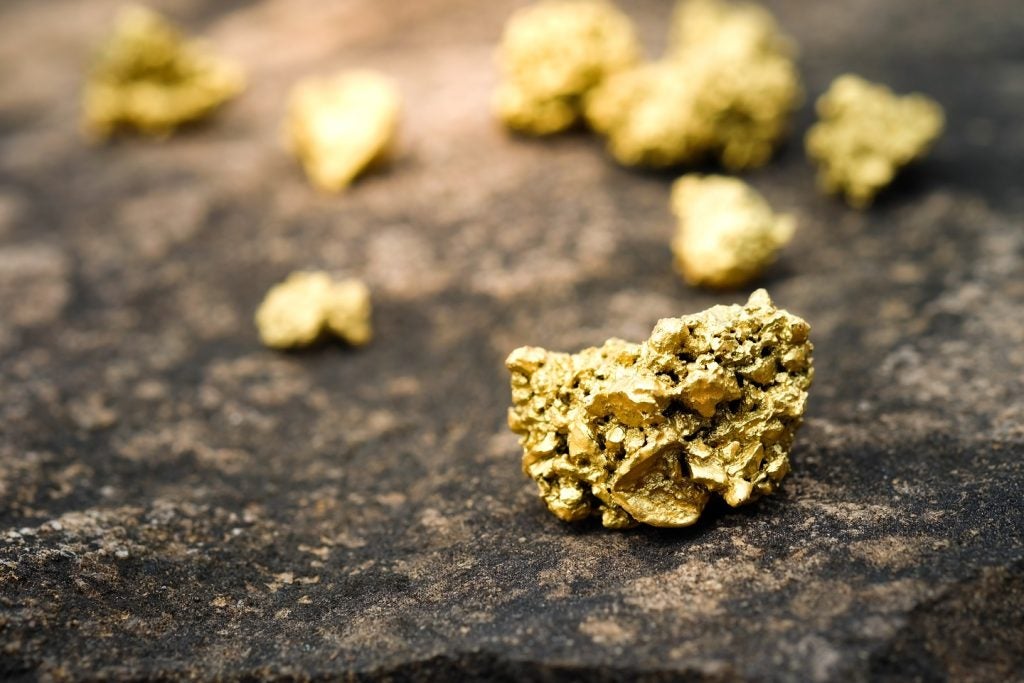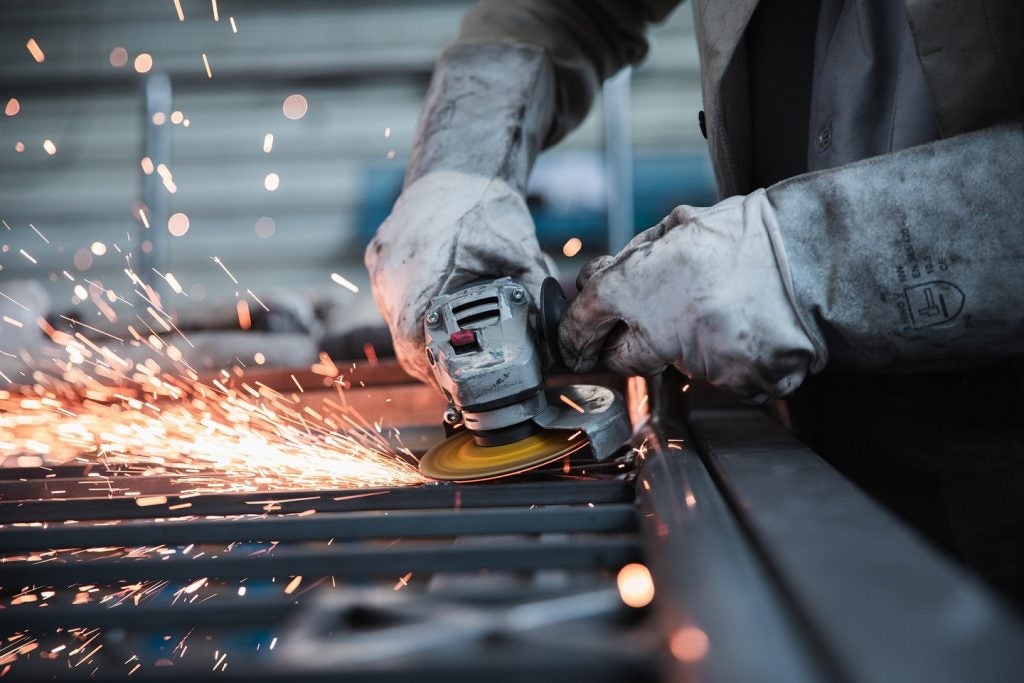Mining company Vale has commenced load tests at the first iron ore briquette plant at the Tubarão Unit in Vitória, Brazil.
The plant is expected to help reduce greenhouse gas (GHG) emissions from the steel industry.
Vale said the tests form part of the commissioning of the briquette plant and represent one of the last stages prior to the start of production.
Vale CEO Eduardo Bartolomeo said: "After several years of development in Brazil, we are offering an innovative product that will support our clients in the challenge of decarbonising their operations and we are meeting demands from society to fight climate change.”
High-quality iron ore is agglomerated at low temperatures to create the briquette, which is then finished off with a binder technology solution to give it a high mechanical strength.
In a press statement, Vale said: “The product also reduces the emission of particulates and gases such as sulphur dioxide (SOₓ) and nitrogen oxide (NOₓ), as well as eliminating the use of water in its production. The briquette can also be used in the direct reduction route, replacing the pellet.”
The company plans to commission the first briquette plant in Tubarão in 2023 while the second plant will be commissioned at the beginning of 2024.
The two facilities will have a combined production capacity of six million tonnes per year (mtpa) of briquette.
Vale is planning to expand briquettes and pellets production capacity to 100mtpa after 2030.
Vale iron ore solutions executive vice-president Marcello Spinelli was cited by Reuters as saying that the company could approve two more briquette plants this year and a further three plants in 2024.


